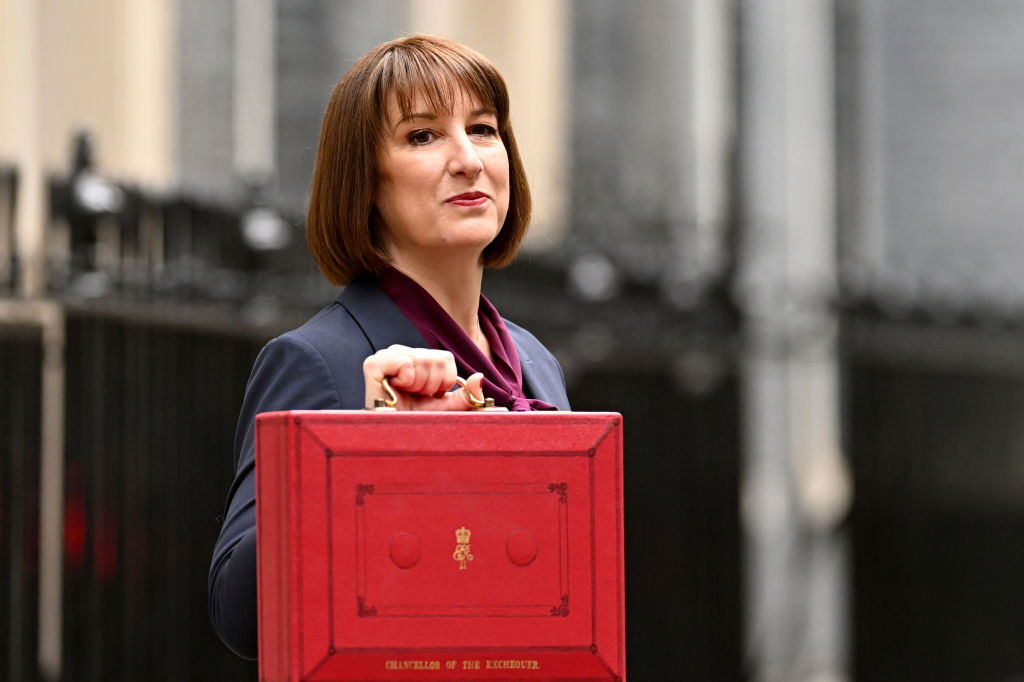Chancellor’s Winter 2024 UK Budget: What It Means for the Property Market

The Winter 2024 UK Chancellor’s budget has introduced several key changes that impact the property industry, affecting landlords, tenants, and investors in various ways.
Impact on the Property Industry:
1. Housing Supply and Planning Reforms:
The budget highlights the need for widespread reform in the planning system to increase housing supply, but falls short of delivering substantial new measures. Investment in housing infrastructure and more funding for social and affordable homes were noted as critical but inadequately addressed aspects (Property Industry Eye, Property Reporter).
2. Fixed Rate Mortgages and Stamp Duty:
The government aims to support long-term fixed rate mortgages to help first-time buyers, particularly in southern England where deposit size is a significant barrier. However, the decision not to make the £625,000 threshold for first-time buyer relief permanent means many will face higher stamp duty costs from next year (Property Industry Eye).
3. VAT on Refurbishments:
The reduction of VAT to 5% on refurbishments is expected to stimulate economic activity, potentially boosting property values and rental yields, which is a positive move for both investors and the construction sector (The Prestbury Advisory).
Impact on Landlords:
1. Capital Gains Tax Reduction:
The reduction of capital gains tax from 28% to 24% may encourage landlords to sell properties, increasing the number of homes on the market and potentially stabilizing or reducing prices (Property Industry Eye).
2. Abolition of Mortgage Interest Relief:
The removal of mortgage interest relief for individual property owners is a significant financial blow, likely necessitating a rethink of investment strategies for landlords heavily reliant on mortgage finance (The Prestbury Advisory).
3. Furnished Holiday Letting Scheme:
The abolition of the £300m furnished holiday letting scheme will remove certain tax breaks, making holiday lets less lucrative and potentially affecting areas dependent on tourism (The Prestbury Advisory).
Impact on Tenants:
1. Rental Market Stability:
The scrapping of the 3% surcharge on property purchases for letting out is projected to add 900,000 homes to the private rental sector. This could alleviate housing shortages and stabilize rent prices, benefiting tenants (The Prestbury Advisory).
2. Energy Efficiency and Quality of Housing:
Critics have pointed out the lack of measures to upgrade homes and buildings, which could have helped address rising energy bills and poor-quality housing. This omission means tenants may continue to face high costs and subpar living conditions (Property Reporter).
Impact on Investors:
1. New Investment Opportunities:
The budget’s VAT reduction on refurbishments and the capital gains tax cut present new opportunities for investors. These changes can make refurbishment projects more financially viable and potentially increase returns on investment (The Prestbury Advisory).
2. Permitted Development Rights:
The absence of promised consultations on permitted development rights to split dwellings raises concerns about the government’s commitment to encouraging growth and flexibility in the property sector (The Prestbury Advisory).
Overall, the Winter 2024 budget presents a mixed bag for the property sector. While some measures may stimulate investment and supply, others fail to address the underlying issues of affordability and housing quality



